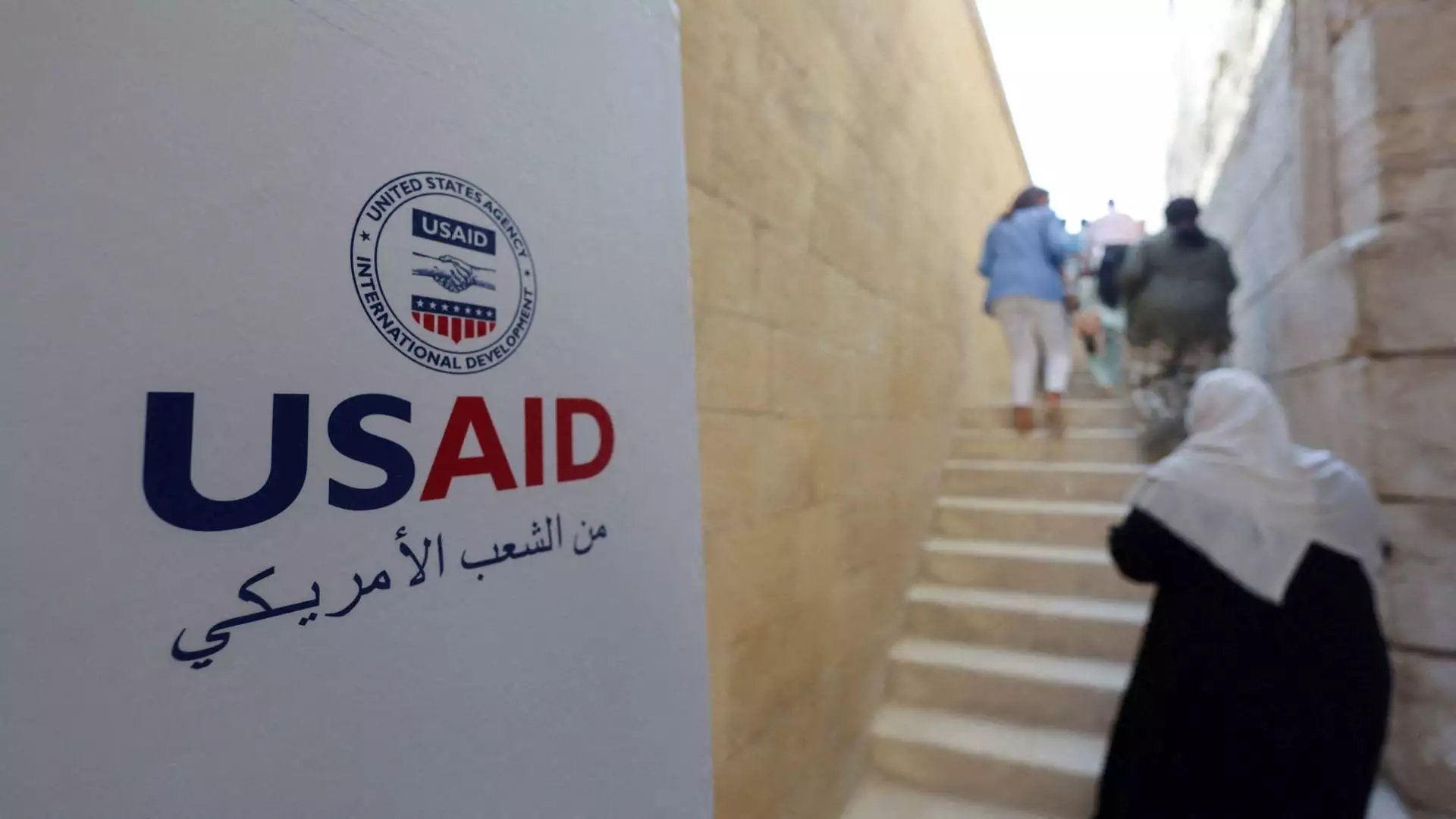Recent developments at the United States Agency for International Development (USAID) have unveiled a troubling internal conflict that raises significant concerns regarding the agency’s operational integrity and security protocols. On a pivotal Saturday, the agency’s Director of Security, John Voorhees, along with his deputy, Brian McGill, were placed on administrative leave. This action follows allegations that they attempted to bar employees from the newly formed Department of Government Efficiency (DOGE) from accessing sensitive USAID systems. These systems encompass crucial personnel files and security protocols, including information classified beyond the clearance levels of several DOGE employees. This situation has stirred alarm among government officials regarding the implications for national security and the operational efficacy of USAID.
Reports indicated that the DOGE team sought access not only to personnel records but to broader security clearance data concerning USAID employees. This attempt met with staunch resistance from Voorhees and McGill, who insisted on upholding the required security measures. According to eyewitness accounts, tensions escalated when DOGE employees threatened to involve the U.S. Marshals, a move symbolizing the severity of the conflict. Ultimately, the DOGE team did manage to penetrate the secure systems, though the extent of the information accessed remains ambiguous. The incident spotlights a clash between new directives initiated by the DOGE and the longstanding security protocols that govern agency operations, highlighting a fractured dynamic that could endanger sensitive governmental functions.
Adding fuel to the fire, prominent tech billionaire Elon Musk, a key player in the DOGE initiative and a significant figure from the Trump administration era, made headlines over the weekend by launching a public tirade against USAID. He took to X (formerly Twitter), suggesting that USAID should “die” and labeling the agency as a “criminal organization,” claims he did not substantiate with evidence. Such incendiary remarks not only jeopardize public perception but also raise questions about the accountability and transparency of government operations. Musk’s involvement underscores a broader issue: the intersection of technology, government, and public trust in the wake of rising partisanship and controversial leadership tactics.
The ramifications of these internal disputes have immediately impacted the agency’s workforce, with more than 1,000 employees and contractors reported as either fired or furloughed within a brief span, including significant teams within the Bureau of Global Health and the Bureau of Humanitarian Assistance. Additionally, late Saturday brought news of administrative leave for a majority of the Bureau for Legislative and Public Affairs. Such drastic measures not only disrupt the operational capabilities of the agency but also demoralize the workforce, leading to an atmosphere of fear and uncertainty. The actions taken during this tumultuous period suggest a sharp pivot in human resource policies, raising alarms about the future management style and underlying motives of the authority figures shaping this federal body.
As discussions emerge concerning the potential reorganization of USAID under the auspices of the State Department, legal experts and Democratic lawmakers warn that such a move might contravene established laws governing the agency’s independence. The implications of this realignment could be profound, affecting both the operational integrity of USAID and the international development efforts it carries out globally. Stakeholders and citizens alike are left debating the overarching question of accountability and governance within federal agencies compromised by political maneuvering and public criticism.
In the current climate, the escalating tensions at USAID represent not just a bureaucratic dispute but a fundamental challenge to the principles of governance in the United States. As the agency grapples with external scrutiny and internal discord, the pathway forward mandates a commitment to transparency, cooperation, and rebuilding trust among employees, stakeholders, and the broader public. Addressing these issues head-on is critical for the agency’s survival and effectiveness, especially as it plays a vital role in managing U.S. foreign aid and humanitarian assistance globally. The USAID saga is emblematic of a larger struggle to navigate political landscapes while maintaining operational integrity in an era that increasingly demands accountability and ethical governance.


Leave a Reply